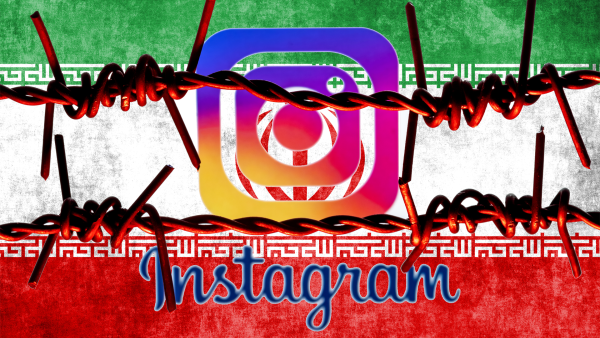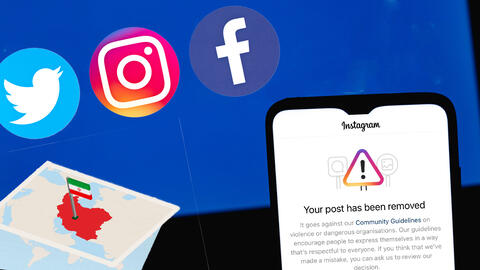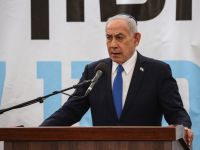Censoring internet content in Iran and other countries where governments try to limit freedom of speech and monitor interactions is not a novel practice. Yet, it seems that the Iranian government is ahead of the game, appealing to content moderators and attempting to block content posted by unwanted voices.
A recent report by BBC has cited several Persian-language social media moderators, who revealed "generous offers" made by Iranian officials in exchange for removing Instagram accounts created and managed by dissident journalists.
Videos received from the city of #Shahrkord show that anti-government protests are continuing on Sunday… the protesters are chanting: Death to Raisi, Death to Khamenei…#IranProtests2022 pic.twitter.com/7IisCMHyPb
— Rana Rahimpour (@ranarahimpour) May 15, 2022
According to moderators interviewed by BBC, Iranian officials who contacted at least two content moderators offered to pay between 5,000 to 10,000 euros per the removal of each account, referring to the Instagram accounts of several Iranian journalists and activists, especially ones who often express anti-government stances online.
The two moderators mentioned well-known Iranian-American activist and author Masih Alinejad as one of the people named in "bribery deals offered by Iranians".
"I was offered 5,000 to 10,000 euros [$5,350-$10,700; £4,250-£9,000] to delete an account. They were especially after removing Masih Alinejad," Instagram moderator told BBC.”
— Masih Alinejad ?️ (@AlinejadMasih) May 27, 2022
If we don’t end dictators, they use the Western tech companies to end us. https://t.co/ke9dzYL7WY
Masih Alinejad, who has nearly 7 million followers on Instagram alone, routinely posts about human rights violations committed by the Iranian government and frequently provides online people with videos and photos featuring protests that take place across Iran from time to time, turning her Instagram account into a major platform for Iranian news that defy the government narrative.
Source: Twitter
The two content moderators who reached out to BBC for the news say their decision to come forward was greatly motivated by "unusual censorship by Instagram" to content related to recent protests that engulfed parts of Iran, many of which were restricted or removed by the Meta-owned photo-sharing app, suggesting that "some employees must have taken the bribes" and restricted videos in response to the Iranian government.








